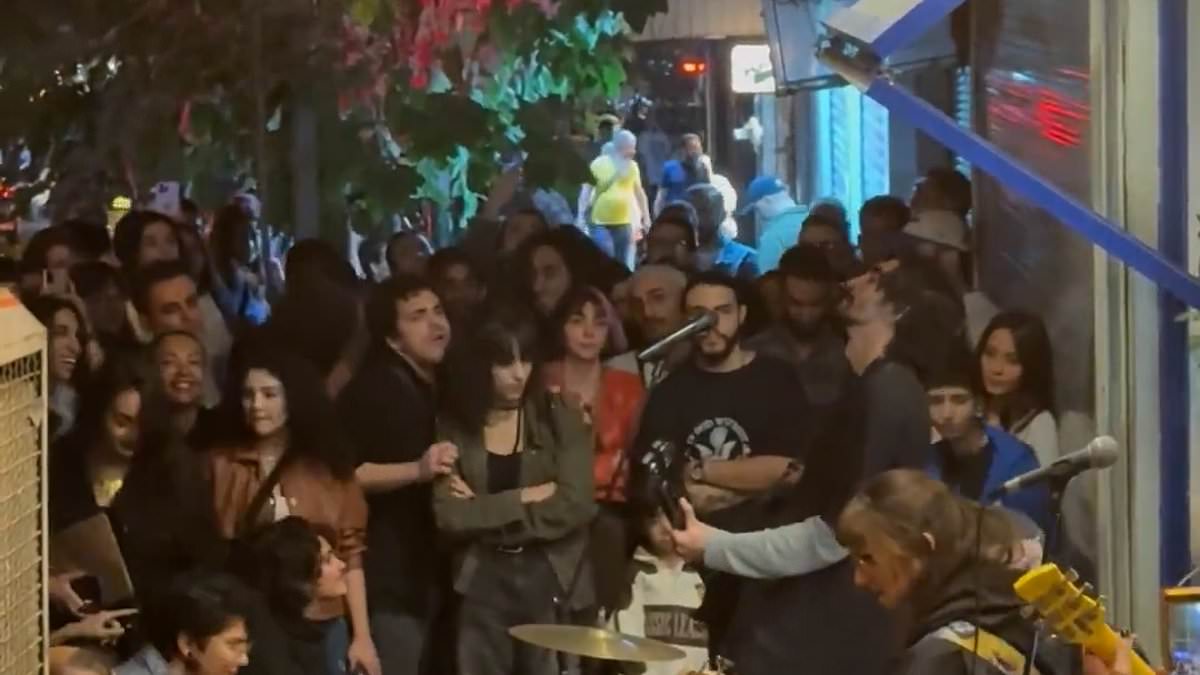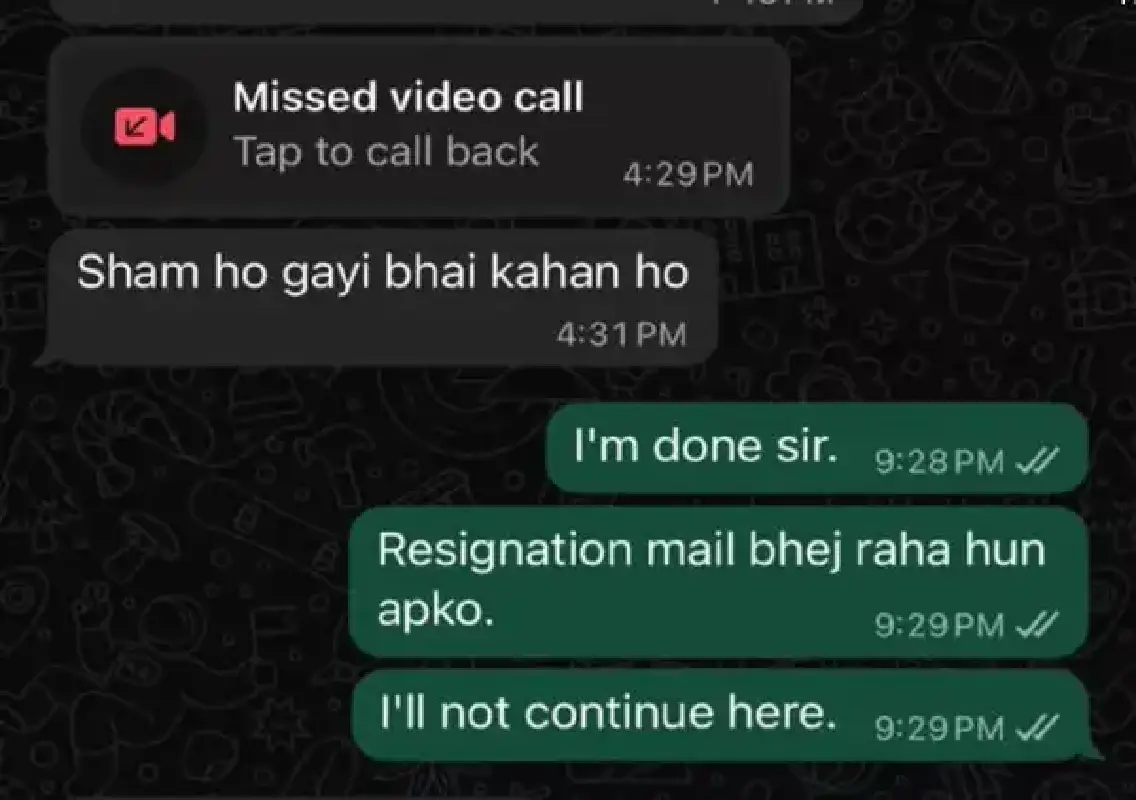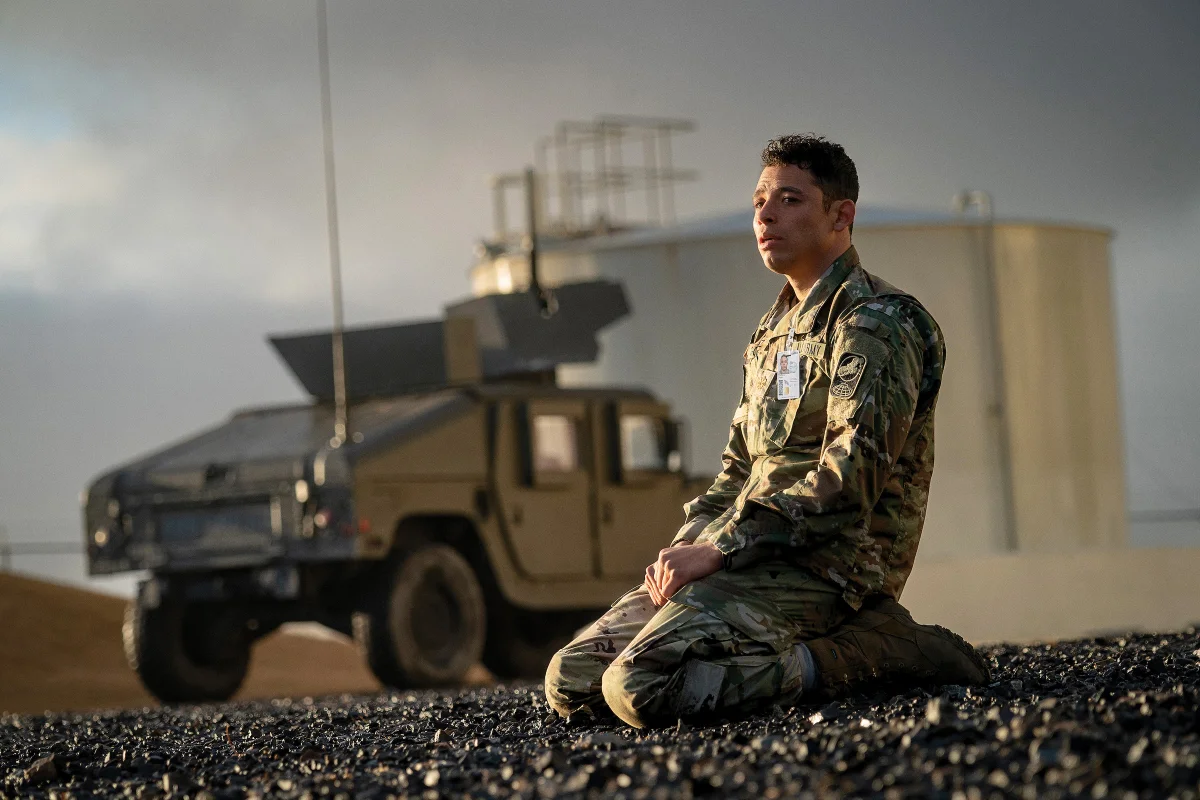Copyright dailymail

A crowd of Iranian women bravely defied Iran's compulsory hijab ruling as they cheered and danced to rock music at a street party in Tehran on Friday. Footage filmed at the outdoor gig in the Iranshahr neighbourhood shows numerous unveiled women nodding along as a band played 'Seven Nation Army' by The White Stripes. The open display of defiance against the Islamic Republic's strict dress code comes as authorities have reportedly shut down a number of Instagram pages belonging to female singers. The footage of the outdoor concert went viral on social media, with many commentating on the crowd's bravery amid laws mandating the covering of women’s bodies - violations of which can lead to violence or arrest. Western music has also been censored in Iran since the 1979 Islamic revolution, when popular music was outlawed by Ayatollah Khomeini. Under his new laws, people caught with music deemed ‘un-Islamic’ would be fined, imprisoned, or face violence from the state. While some music events have since been allowed in the country, it must all be approved by the Ministry of Culture and Islamic Guidance. According to independent TV network Iran International, authorities have recently shut down Instagram pages belonging to female singers in the Mazandaran province over the past few days. The accounts of Mandana Akbarzadeh, Azadeh Kebriya, Zeinab Berimani, and Fatereh Hamidi were reportedly taken down, and displayed a message that read: 'This page has been blocked due to the production of criminal content.' Some of the accounts have come back online and no longer display the message. The repression of Iranian female artists has a precedent in the regime. Last year, Zara Esmaeili, known for her performances on the streets of Tehran, was taken into custody after a recording emerged of her singing Amy Winehouse’s song ‘Back to Black’ without the mandatory hijab. Faravaz Farvardin, Iranian singer and the founder of the Berlin-based Right to Sing Campaign, condemned the authorities in the wake of the singer's detainment. 'Zara, an Iranian female singer, is imprisoned in the Tehran Central Detention Center (Fashafoueh) for the crime of singing in public,' she wrote on X. ‘She is under the pressure of the interrogators to admit connection with activists and musicians outside Iran. 'This claim is a lie and made by the think tank of the Islamic Republic.’ Responding to the viral footage of the street party on social media, French politician Rachid Temal wrote: 'Courage, life, and hope.' Éric Diard, former French mayor of Sausset-les-Pins, wrote: 'This youth thirsts for freedom.' In September 2022, 22-year-old Mahsa Amini died in police custody after being arrested for allegedly violating rules requiring women to wear the headscarf. She fell into a coma and died after witness reports suggested she was beaten by police officers on the way to jail, claims that the authorities denied. The death of the Kurdish-Iranian woman sparked a furious nationwide protest movement in Iran led by women and girls. According to Human Rights Watch, more than 500 people, including 68 children, were killed by security forces during the Woman, Life, Freedom protests that swept the country, while 20,000 were arrested. A UN fact-finding mission (FFM) reported that throughout the demonstrations, the Iranian government 'committed a series of extensive, sustained and continuing acts that individually constitute human rights violations directed against women, girls and persons expressing support for gender equality'. A video from 2021 shows an undercover member of Iran's morality police try to haul a woman off a bus for failing to wear a headscarf. The footage captured on a public bus in Iran shows a young woman with her hair loose being targeted by an older woman in a full headscarf and abaya robe. The older woman tries to force the other off the bus, saying that she needs to be handed over to police for violating the country's strict dress code. But other women intervene, telling her to 'get lost' and 'give up' before forcing her out on to the street.



